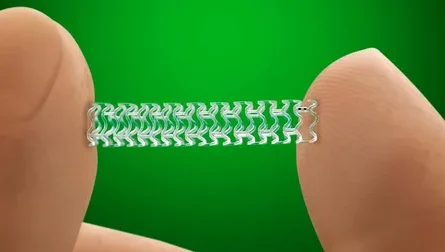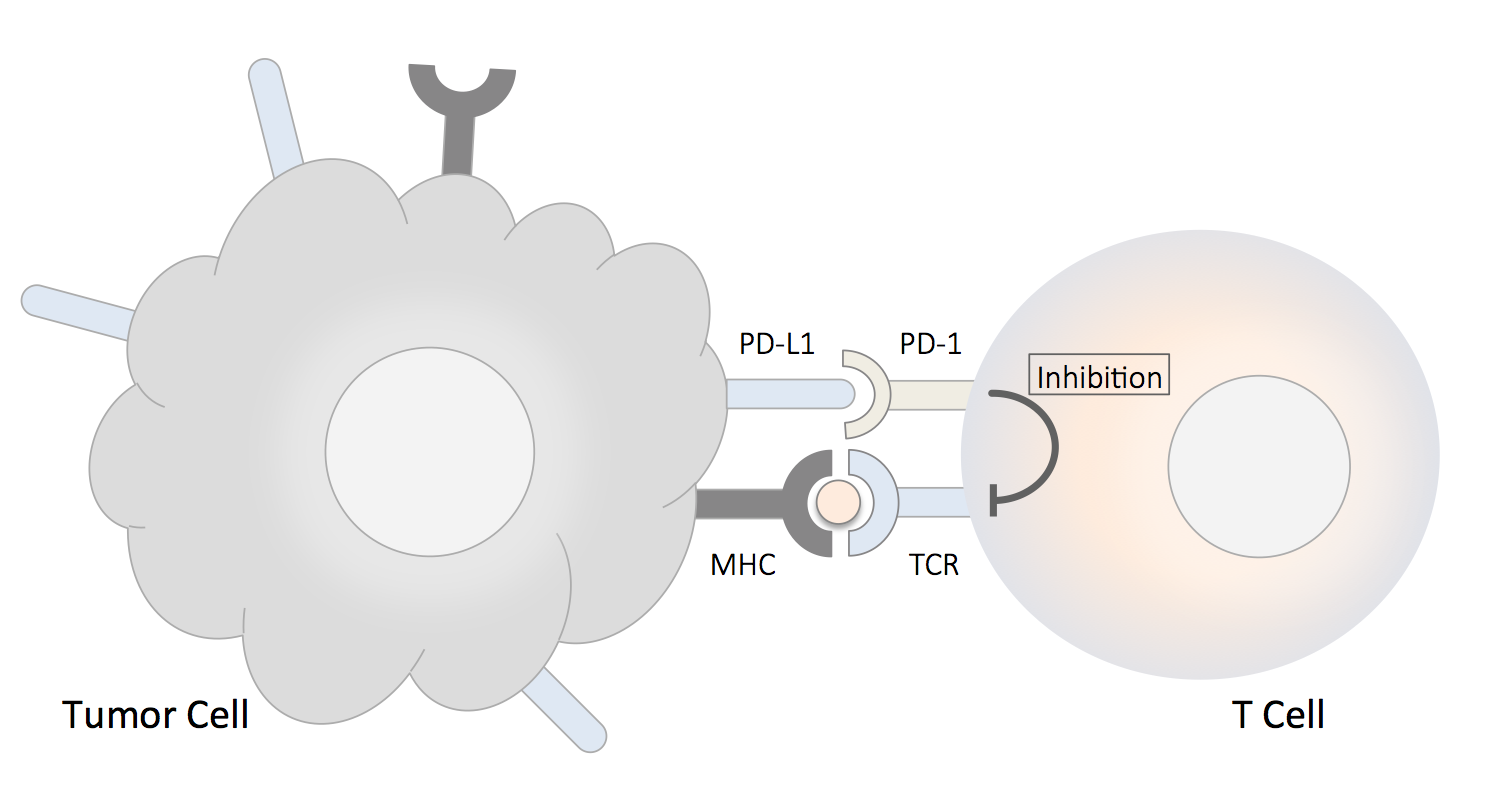What are Urea Cycle Disorders?
The urea cycle is a cycle of biochemical reactions that produces urea from ammonia in the liver. Urea is then excreted by the kidneys in urine. Urea cycle disorders (UCDs) are a group of inherited conditions that cause defects in this cycle of biochemical reactions. When the urea cycle does not function properly, ammonia can build up to toxic levels (hyperammonemia) in the bloodstream. This excess ammonia can damage the brain and be life-threatening if not treated promptly.
There are six primary types of UCDs, each associated with a defect in one of the six enzymes or two transporters required for the urea cycle to function properly. Symptoms generally appear within the first few days of life and may include vomiting, lack of energy, seizures, intellectual disability, movement problems and coma. Early detection through newborn screening and prompt treatment can help prevent lasting harm.
Dietary Management
Diet plays a critical role in the management of Urea Cycle Disorder Treatment. The goal is to limit the intake of protein and nitrogen, while providing sufficient calories and other important nutrients. Low-protein formula or amino acid supplements help meet dietary needs while limiting ammonia production. Breastfeeding is not recommended initially for babies with certain UCDs. Dietary management requires careful considerations of protein and calorie needs based on an individual’s condition and with guidance from a metabolic physician and dietitian.
Medications
Various medications help remove ammonia from the blood or compensate for deficiencies in the urea cycle:
-Sodium phenylbutyrate and glycerol phenylbutyrate work to attach ammonia to molecules that can then be excreted in the urine rather than recycled in the urea cycle.
-Sodium benzoate works similarly to phenylbutyrate medications.
-L-arginine and citrulline are amino acid supplements that can help maintain efficient urea cycle function in some deficiencies.
-Riboflavin (vitamin B2) is given to treat certain types of UCDs to support alternative pathways of removing ammonia.
-Arginine, an essential amino acid, is restricted in some UCDs to limit ammonia production while allowing growth.
Strict adherence to medications is important to help control ammonia levels. Hospitalization may be necessary during periods of illness.
Liver Transplantation
For those with the most severe forms who do not respond well to other measures, liver transplantation may be considered. It effectively replaces the missing or deficient enzyme in the liver. Close lifelong follow-up is needed after transplant to monitor for organ rejection or recurrence. Research on alternative treatments like stem cell transplants is still in early stages.
Urea Cycle Disorder Treatment
Prognosis depends on the specific UCD and how quickly treatment is initiated. With newborn screening allowing early diagnosis and management, intellectual and developmental outcomes have greatly improved in recent decades. Some may live relatively normal lives with dietary and medical treatment. Others continue to face risks of neurological impairment or early death without prompt intervention during catabolic stress like illness. Ongoing care and vigilance are important for managing UCDs throughout life
Urea cycle disorder treatment can be managed through individualized plans involving dietary protein restriction, medication regimens and potentially liver transplantation. With newborn screening leading to early detection and advances in treatments, more individuals affected by these genetic conditions are now living healthy lives into adulthood. Lifelong specialized care remains crucial. Further research continues toward developing more targeted, long-term therapies.


